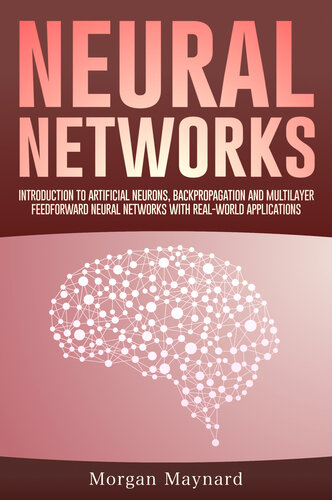

Most ebook files are in PDF format, so you can easily read them using various software such as Foxit Reader or directly on the Google Chrome browser.
Some ebook files are released by publishers in other formats such as .awz, .mobi, .epub, .fb2, etc. You may need to install specific software to read these formats on mobile/PC, such as Calibre.
Please read the tutorial at this link: https://ebookbell.com/faq
We offer FREE conversion to the popular formats you request; however, this may take some time. Therefore, right after payment, please email us, and we will try to provide the service as quickly as possible.
For some exceptional file formats or broken links (if any), please refrain from opening any disputes. Instead, email us first, and we will try to assist within a maximum of 6 hours.
EbookBell Team

0.0
0 reviewsSoftware Engineers recognize that computers can process and store much more data than humans, yet even supercomputers can’t carry out tasks that come easily to the human brain, such as facial recognition or natural language processing. MIT’s state-of-the-art research facility, named “Centre for Brains, Minds and Machines”, is a perfect testimonial to this fundamental interaction between the human brain and computers in today’s world.
Hence engineers began studying the processes and structures of our human brains, hoping to build a computer model of its functions – Neural Networks were born. These models are very simplistic, but fundamentally replicate the inner structures of our own brains downright to the functions of an individual neuron
In this book I show you exactly how engineres model the inner functions and structure of the human brains, covering the fundamental mathematical equations and underlying concepts. In particular, you will learn about:
- How to Build a Computer model of a Brain Cell (or Neuron)
- The Fundamental properties of a Neural Network - Multilayer Forward Networks - Using the Backpropagation algorithm to learn and adapt - Counter Propagation Networks - How to train a Neural network (validation and testing techniques to avoid overfitting)